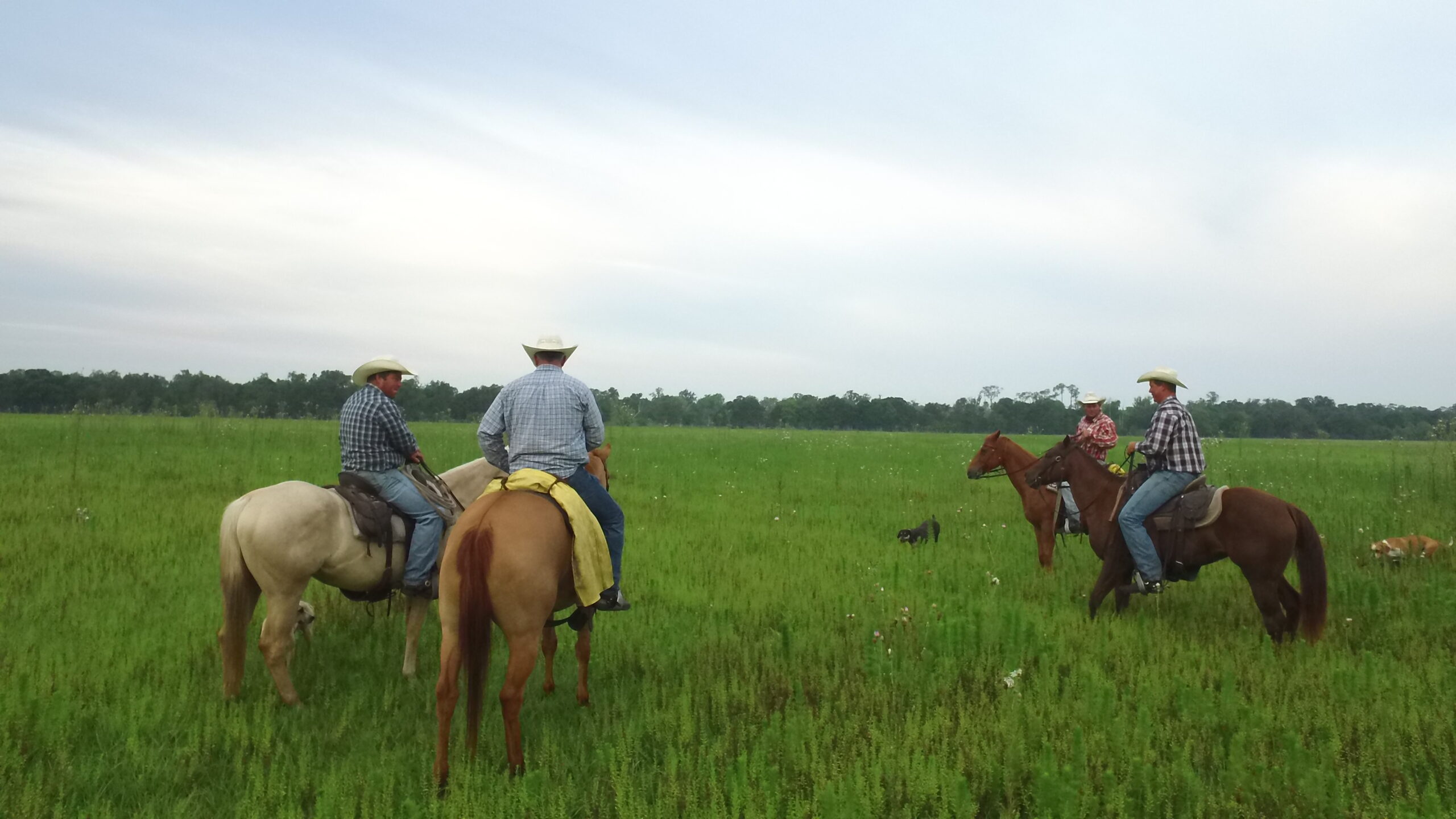The last week of May, the Florida Fish and Wildlife Conservation Commission (FWC) convened a statewide Landscape Conservation Summit with partners. FWC has a strategic initiative for landscape conservation titled Connect, Collaborate and Conserve. Close to 200 people of multiple perspectives including federal, state, and local agencies; non-governmental organizations;, funders; academics; private industry; and, critically, private landowners attended to hear the latest on challenges and opportunities to sustaining Florida’s landscapes for people and nature.
Florida’s human population is growing rapidly, but so is its commitment to working collaboratively to address the many landscape-level challenges. There have been several large-scale collaborative planning efforts including the Florida Cooperative Conservation Blueprint and the Florida Wildlife Corridor that, despite its name, seeks landscape scale conservation for people as well as wildlife. It was clear from the broad participation that there is an understanding in Florida of the importance of landscapes, not just to wildlife but for a broad range of products and services that make modern life possible—from agricultural production to ecological services such as clean water and air.
Collaborative efforts in Florida look to significantly and swiftly ramp up restoration and conservation work as unprecedented federal financial resources for conservation have been joined by $1 billion in state funding approved by the legislature and recently signed by the governor, available for conservation in the state fiscal year that begins July 1, 2023. The legislature also approved new legislation to streamline approval of conservation easement transactions which will help the bottlenecks that can develop when delivery capacity has not caught up to project dollars.
Partnerscapes Executive Director Steve Jester was honored to be a part of the plenary session addressing the importance of relationships, trust, credibility, and other people to implementing efforts at the landscape scale. Implementation in Florida will at least initially fall on the shoulders of the partners and people that are already in place, as there is little new capacity initially available with the huge bump in funding. Partnerships and strong relationships remain critically important as the work moves forward. Congratulations to all that care for Florida’s landscapes for what you have accomplished and what you are about to accomplish!

